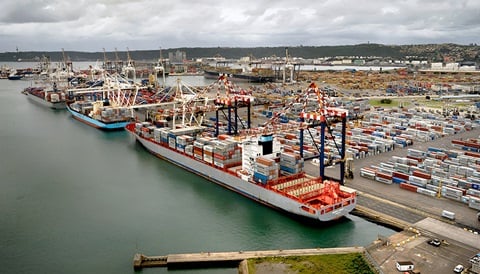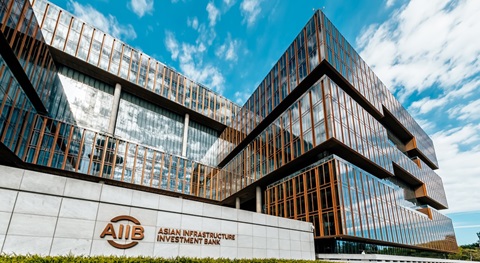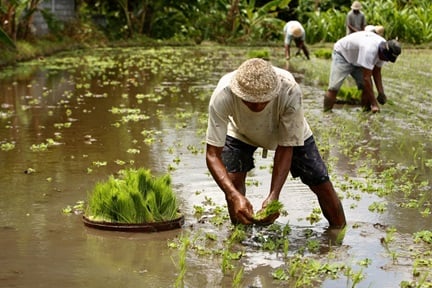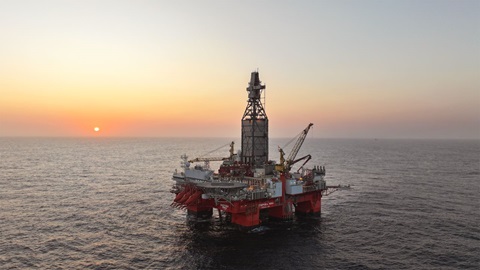East African oil pipeline likely to get Chinese funding
As Western financiers back out China may step in with lending
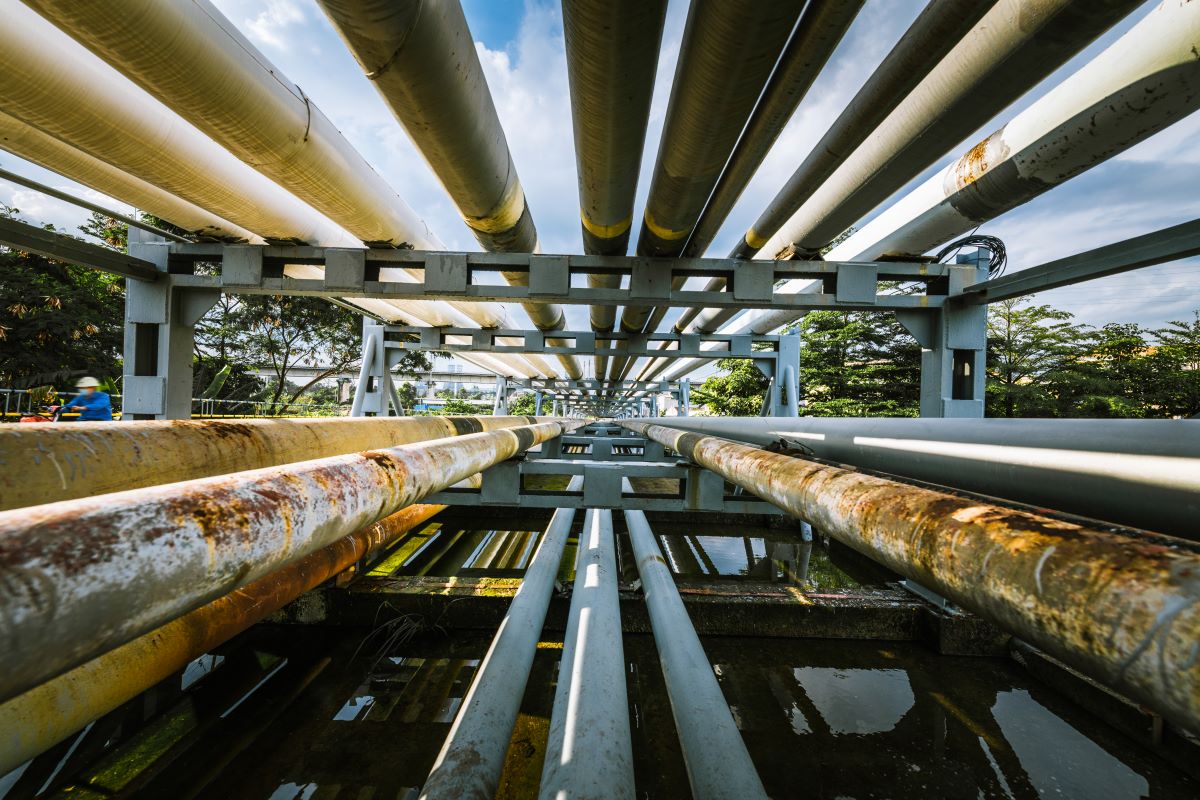
In a significant development, Chinese entities are poised to play a pivotal role in financing the construction of the East African Crude Oil Pipeline (EACOP), which is set to transport oil from Uganda's Lake Albert oilfields to Tanga, Tanzania, on the Indian Ocean for international export. The total cost of this ambitious project is estimated at approximately US$5 billion, with more than 50% of the required funds, around US$3 billion, expected to come from Chinese sources.
According to a report by the South China Morning Post, the China Export & Credit Insurance Corporation (Sinosure) is collaborating with the Export-Import Bank of China to provide the majority of the debt funding for this critical pipeline. The discussions regarding this substantial financial commitment are anticipated to conclude by the end of October, marking a significant step forward in the project's execution.
The EACOP financing model will be structured with a 60:40 debt-to-equity split, wherein US$3 billion will be secured as debt, and US$2 billion will be raised from shareholder equity. Notably, TotalEnergies holds the largest equity interest in the pipeline at 62%, with the Uganda National Oil Company (UNOC) and Tanzania Petroleum Development Corporation each owning 15%, and the China National Offshore Oil Corporation (CNOOC) retaining an 8% share.
In addition to Chinese financiers, Uganda is actively seeking funding from various other sources, including the Saudi-backed Islamic Development Bank and African lenders such as the African Export-Import Bank (Afreximbank).
The Chinese involvement in this project comes at a juncture when numerous Western banks have refrained from participating due to concerns over potential adverse impacts on local communities, the environment, and wildlife. The #StopEACOP advocacy group has reported that major banks including Citi, HSBC, Deutsche Bank, Standard Chartered, and Morgan Stanley have all declined to support the project. Furthermore, several African banks, including ABSA, FirstRand, Nedbank, and Investec, have also made public their decision not to fund the pipeline.
The backdrop to these developments is a broader context in which international investment in hydrocarbons is diminishing, prompting initiatives like the Africa Energy Bank. This bank was jointly established by the African Petroleum Producers' Organisation (APPO) and Afreximbank to address the challenges faced by the continent's oil and gas industry. Benedict Oramah, the President of Afreximbank, stressed the need to strike a balance between mitigating climate change and addressing the economic and financial difficulties faced by African countries. For many African nations, oil and gas exports represent a substantial source of revenue, contributing as much as 50% to 80% of their total government income.
The story of Uganda's oil discovery dates back to 2006 when commercially viable oil reserves were first identified in the Lake Albert region. TotalEnergies, in collaboration with CNOOC and UNOC through a joint venture partnership, holds significant stakes of 56.67%, 28.33%, and 15%, respectively, in the upstream development of the area's oil resources. Just last year, the partners made the final investment decision for the US$10 billion project. The oil reserves in the Lake Albert region are estimated at an impressive 6.5 billion barrels, and production is expected to commence by 2025.
As the funding discussions reach their conclusion and the EACOP project advances, it marks a significant turning point in the East African oil and gas industry, with China emerging as a key partner in this transformative endeavour. The pipeline's successful completion promises to unlock tremendous economic potential for the region while also raising important questions about the balance between economic development and environmental preservation in today's global landscape.
References
‘Announcement of the final investment decision brings Uganda closer to first oil’, Petroleum Authority of Uganda, 02 February 2022
‘Afreximbank signs Memorandum of Understanding with the African Petroleum Producers Organization to establish an African Energy Transition Bank’, Afreximbank, 20 May 2022
‘Uganda closes in on final Tilenga drilling and refinery decision’, Reuters, 26 May 2023
‘China steps in to save Uganda oil pipeline as Western lenders back out over environmental concerns’, South China Morning Post, 23 September 2023
‘Overview’, East African Crude Oil Pipeline, Accessed 25 September 2023
‘TotalEnergies in Uganda’, TotalEnergies Group, Accessed 25 September 2023
‘Standard Bank isolated as other South African banks steer clear of totals EACOP oil pipeline’, #StopEACOP, Accessed 25 September 2023
‘Who's backing the pipeline and who's ruled it out?’, #StopEACOP, Accessed 25 September 2023


